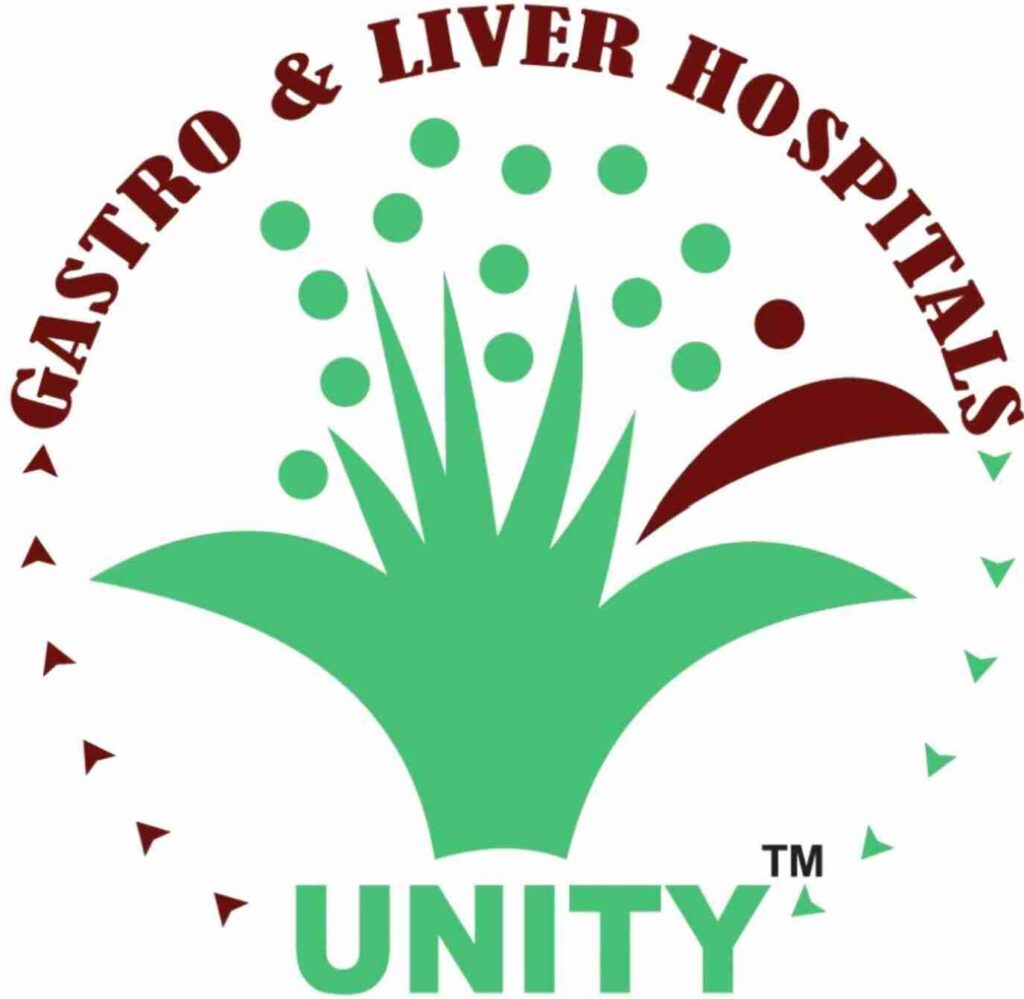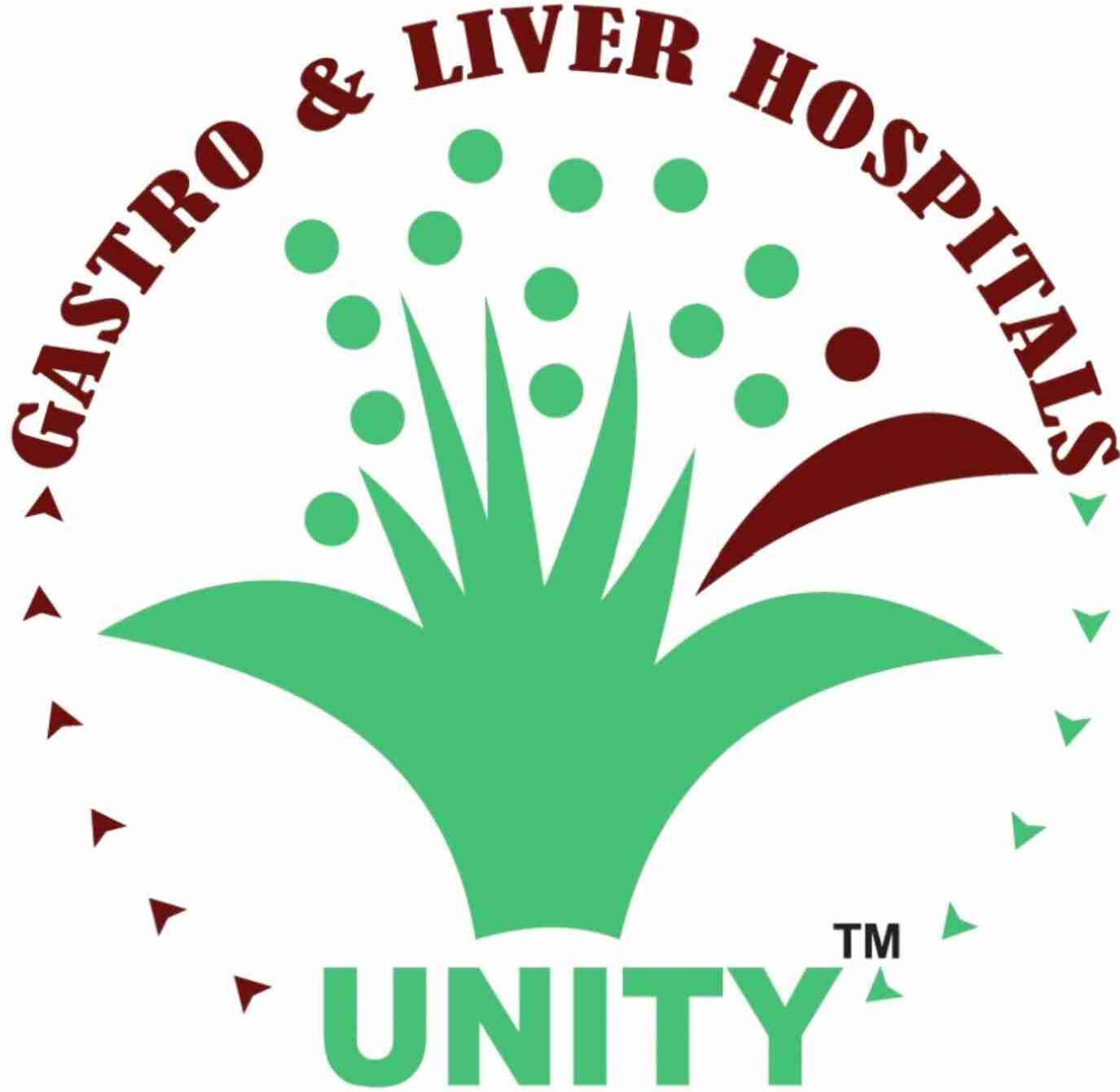Living with Crohn’s disease can be challenging, but understanding it is the first step toward managing it effectively. This condition is a type of inflammatory bowel disease (IBD) that affects the digestive tract. From disruptive symptoms to exploring treatment options, learning about the disease paves the way for better management.
Understanding Crohn’s Disease
Crohn’s disease falls under the umbrella of IBD, caused by inflammation in the digestive tract. Although it can affect any part, it often hits the last part of the small intestine or the colon. This disease affects people of all ages but typically arises between ages 15 and 35.
- Statistics show that Crohn’s disease affects roughly 700,000 people in the U.S. alone.
- Both men and women are equally likely to develop it.
- Environmental factors and genetics play a role.
Knowing about its prevalence can help in encouraging early diagnosis and treatment.
Recognizing the Symptoms of Crohn’s Disease
Being able to spot Crohn’s disease is crucial. The common warning signs include:
- Persistent diarrhea: It’s a frequent symptom, sometimes occurring throughout the day.
- Abdominal pain: Often felt in the lower right side, but it can vary.
- Fatigue and weight loss: Caused by the body’s reduced ability to absorb nutrients.
Apart from these, some less common but still significant symptoms are:
- Fever and mouth sores: These can develop without clear cause.
- Joint pain: Sometimes associated with the disease.
Understanding flare-ups and periods of remission is key. Flare-ups are when symptoms worsen, while remission refers to symptom-free times. Early recognition aids in more timely intervention and improved Crohn’s disease treatment.
Causes and Risk Factors of Crohn’s Disease
The exact cause of Crohn’s disease isn’t fully understood. However, it might stem from an excessive immune response. Genetics is another factor, as the disease often runs in families.
- Family history: A significant risk, you are more likely to develop the disease if a close family member has it.
- Smoking: A notable environmental risk factor.
- Western diets and environment: These can play a role in the illness due to lifestyle and dietary habits.
Understanding these can guide lifestyle choices that may help reduce the risk.
Diagnosing Crohn’s Disease
Diagnosing Crohn’s disease involves several steps. Healthcare providers often start with a review of medical history to spot family patterns.
- Physical exams: Checking for tenderness or pain in the abdomen.
- Blood tests: Used to check for inflammation or anemia.
- Imaging tests and endoscopies: More conclusive methods for diagnosing, these let doctors see inside the intestines to pinpoint issues.
These thorough methods ensure accurate diagnosis and better planning of the Crohn’s disease treatment approach.
Exploring Treatment Options for Crohn’s Disease
When it comes to Crohn’s disease treatment, there are various options. Medications are often the first line of defense:
- Anti-inflammatory drugs: Help reduce inflammation in the digestive tract.
- Immunosuppressants: Lower the immune system’s response, decreasing inflammation.
- Biologics: Target specific proteins in the body to curb inflammation.
These medications help reduce inflammation and prevent flare-ups. Besides medication, diets tailored for Crohn’s disease can aid in better management:
- Nutritional therapy: Often includes supplements and dietary changes.
In severe cases, surgery may be needed to remove damaged parts of the digestive tract as a last resort.
Living with Crohn’s Disease: Tips for Management
Living with Crohn’s disease means finding daily ways to manage symptoms. Adhering to prescribed treatments and using support systems are critical first steps.
- Stress management: Reducing stress prevents flare-ups. Consider relaxation techniques.
- Lifestyle adaptations: Gentle exercise and rest balance can help maintain energy.
By focusing on these aspects, those affected can still enjoy a full, fulfilling life despite the challenges posed by the disease.
Possible Complications of Crohn’s Disease
Without proper care, Crohn’s disease may lead to further health issues. Some possible complications include:
- Intestinal obstructions: Blockages that prevent food or liquid from passing.
- Fistulas: Abnormal connections between organs.
- Malnutrition: Due to the body’s inability to properly absorb nutrients.
Ongoing monitoring is vital to prevent these complications and manage the disease effectively.
Advancements in Crohn’s Disease Research
Research is always advancing in the field of Crohn’s disease. New studies look promising, aiming for better Crohn’s disease treatments. Innovations may soon offer faster diagnosis and more effective medications or therapies, providing hope for those affected.
Conclusion: Encouragement and Next Steps
Recognizing Crohn’s disease symptoms early and understanding its treatment and management options can drastically improve one’s quality of life. Always consult a healthcare provider when experiencing symptoms. By staying informed and proactive, you can better face the future with confidence.
Consult us today at Unity Gastro & Liver hospital!





